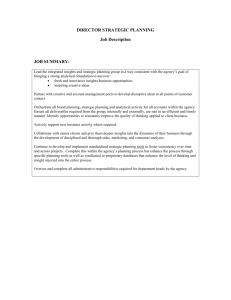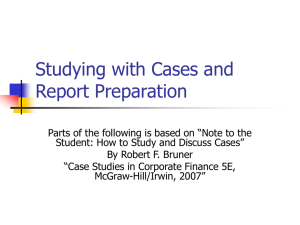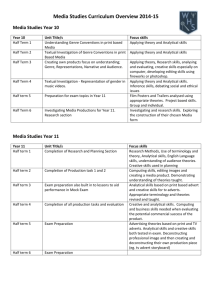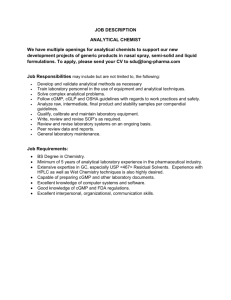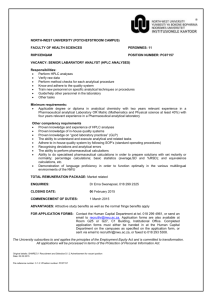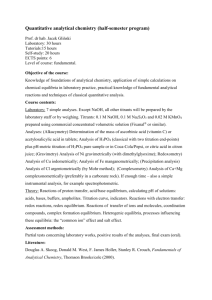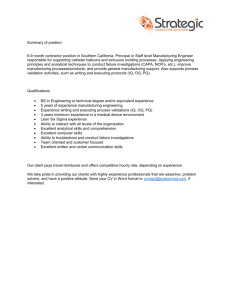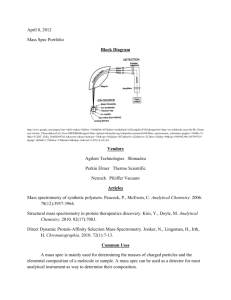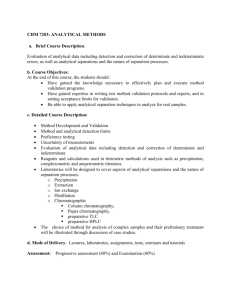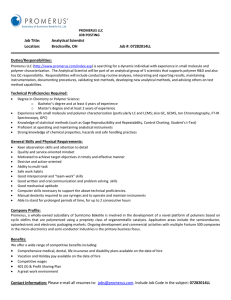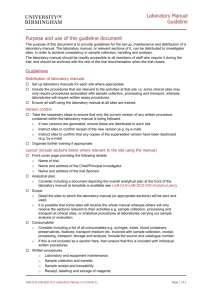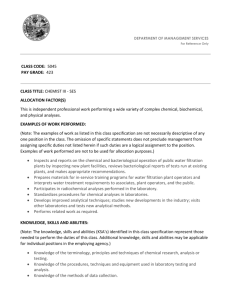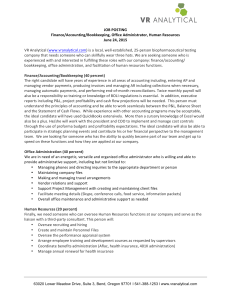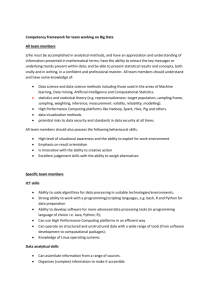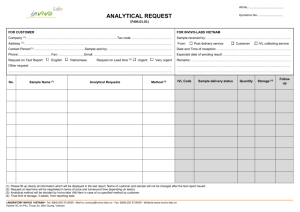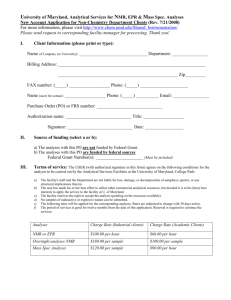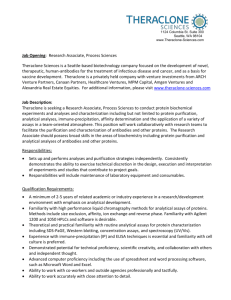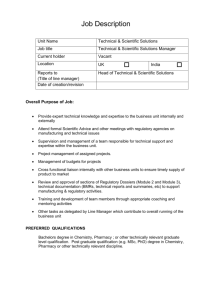Analytical
advertisement
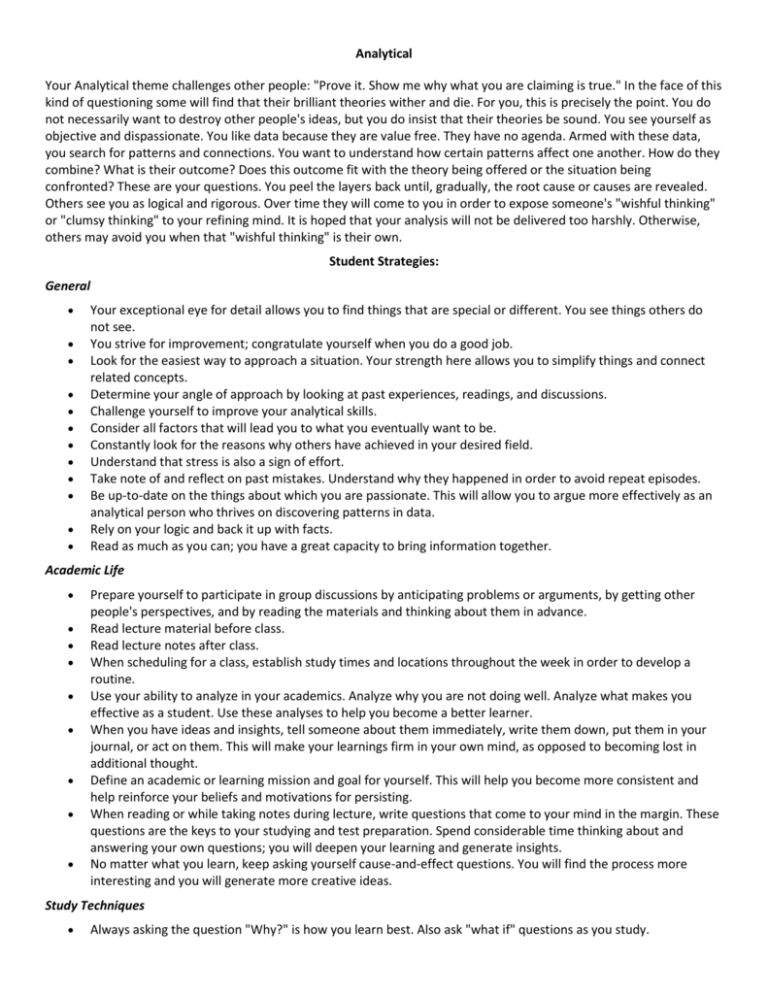
Analytical Your Analytical theme challenges other people: "Prove it. Show me why what you are claiming is true." In the face of this kind of questioning some will find that their brilliant theories wither and die. For you, this is precisely the point. You do not necessarily want to destroy other people's ideas, but you do insist that their theories be sound. You see yourself as objective and dispassionate. You like data because they are value free. They have no agenda. Armed with these data, you search for patterns and connections. You want to understand how certain patterns affect one another. How do they combine? What is their outcome? Does this outcome fit with the theory being offered or the situation being confronted? These are your questions. You peel the layers back until, gradually, the root cause or causes are revealed. Others see you as logical and rigorous. Over time they will come to you in order to expose someone's "wishful thinking" or "clumsy thinking" to your refining mind. It is hoped that your analysis will not be delivered too harshly. Otherwise, others may avoid you when that "wishful thinking" is their own. Student Strategies: General Your exceptional eye for detail allows you to find things that are special or different. You see things others do not see. You strive for improvement; congratulate yourself when you do a good job. Look for the easiest way to approach a situation. Your strength here allows you to simplify things and connect related concepts. Determine your angle of approach by looking at past experiences, readings, and discussions. Challenge yourself to improve your analytical skills. Consider all factors that will lead you to what you eventually want to be. Constantly look for the reasons why others have achieved in your desired field. Understand that stress is also a sign of effort. Take note of and reflect on past mistakes. Understand why they happened in order to avoid repeat episodes. Be up-to-date on the things about which you are passionate. This will allow you to argue more effectively as an analytical person who thrives on discovering patterns in data. Rely on your logic and back it up with facts. Read as much as you can; you have a great capacity to bring information together. Academic Life Prepare yourself to participate in group discussions by anticipating problems or arguments, by getting other people's perspectives, and by reading the materials and thinking about them in advance. Read lecture material before class. Read lecture notes after class. When scheduling for a class, establish study times and locations throughout the week in order to develop a routine. Use your ability to analyze in your academics. Analyze why you are not doing well. Analyze what makes you effective as a student. Use these analyses to help you become a better learner. When you have ideas and insights, tell someone about them immediately, write them down, put them in your journal, or act on them. This will make your learnings firm in your own mind, as opposed to becoming lost in additional thought. Define an academic or learning mission and goal for yourself. This will help you become more consistent and help reinforce your beliefs and motivations for persisting. When reading or while taking notes during lecture, write questions that come to your mind in the margin. These questions are the keys to your studying and test preparation. Spend considerable time thinking about and answering your own questions; you will deepen your learning and generate insights. No matter what you learn, keep asking yourself cause-and-effect questions. You will find the process more interesting and you will generate more creative ideas. Study Techniques Always asking the question "Why?" is how you learn best. Also ask "what if" questions as you study. You read to understand and learn, not merely to be finished. Take notes on what you are reading, especially on the topics that interest you. When reading class material, pause for reflection in order to absorb the information. When reflecting on class material, write it or diagram the concept/information. Relationships Analyze situations from a perspective other than your own. Put yourself in others' shoes. This will allow you to resonate with people and the situation more easily. Ask other people for their opinions on various matters to give you a better understanding of people and tasks. Class Selection Choose classes that increase your interest in a specific goal. If possible, select professors that fit your preferred lecture style; this will help you maintain constant motivation and interest in the class. Career Choose a job that requires you to do a lot of analysis. Career fields such as accounting, finance, law, or medicine can be areas of consideration. Choose a position that will allow you to make decisions based on your analyses. Do not say what is on your mind until you have things figured out. This will prevent tension among your associates and colleagues. You will want to work where you can use your logic and reasoning abilities daily. You will want to work with people you admire and respect for their thinking, wisdom, insight and knowledge. It is likely that you will want to either work with numbers or be able to engage in research regularly. You will excel in a career that allows you to investigate and search for cause-and-effect relationships. Choose a career that challenges you and allows you to analyze things. You will enjoy a career in which you get to work with people in group settings and are encouraged to discuss ideas and problems.

